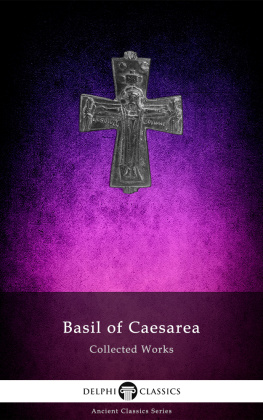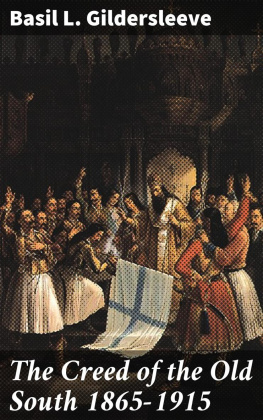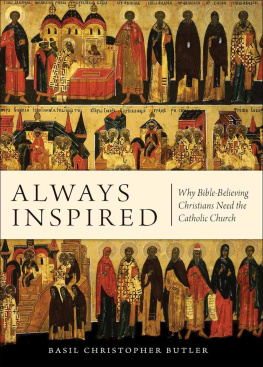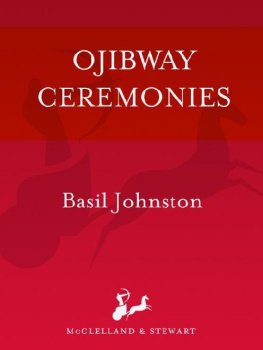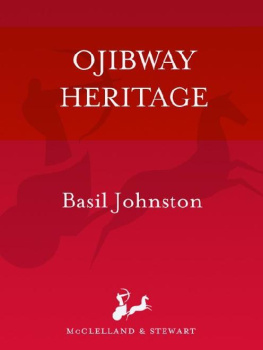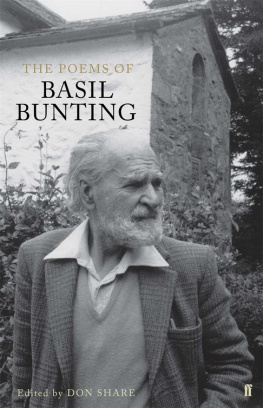Transcriber's note: Obvious printer's errors have been corrected, all other inconsistencies are as in the original. The author's spelling has been maintained.
Milner
Milner signature
LORD MILNER'S WORK
IN SOUTH AFRICA
FROM ITS COMMENCEMENT IN 1897 TO
THE PEACE OF VEREENIGING IN 1902
containing hitherto unpublished information
BY W. BASIL WORSFOLD
with portraits and map
"What would have been the position to-day in South Africa if there had not been a man prepared to take upon himself responsibility; a man whom difficulties could not conquer, whom disasters could not cow, and whom obloquy could never move?" Lord Goschen in the House of Lords, March 29th, 1906
LONDON
JOHN MURRAY ALBEMARLE STREET W
1906
This Edition enjoys copyright in all countries signatory to the Berne Convention, as well as in the United Kingdom, Ireland, and all British Colonies and Dependencies.
Printed by Hazell, Watson & Viney, Ld., London and Aylesbury.
PREFACE
In sending this book to press I have only two remarks to make by way of preface.
The first is wholly personal. It has been my good fortune to reside twice for a considerable period in South Africafirst in the neighbourhood of Capetown (1883-5), and afterwards in Johannesburg (1904-5). During these periods of residence, and also during the long interval between them, I have been brought into personal contact with many of the principal actors in the events which are related in this book. While, therefore, no pains have been spared to secure accuracy by a careful study of official papers and other reliable publications, my information is not derived by any means exclusively from these sources.
My second remark is the expression of a hope that the contents of this book may be regarded not merely as a chapter of history, but also as a body of facts essential to the full understanding of the circumstances and conditions of South Africa, as it is to-day. Since the restoration of peacean event not yet five years olda great change has been wrought in the political and economic framework of this province of the empire. None the less, with a few conspicuous exceptions, almost all of the principal actors in these pages are still there; and, presumably, they are very much the same men now as they were before, and during, the war. And in this connection it remains to notice an aspect of the South African struggle which transcends all others in fruitfulness and importance. It was a struggle to keep South Africa not a dependency of Great Britain, but a part of the empire. The over-sea Britains, understanding it in this sense, took their share in it. They made their voices heard in the settlement. The service which they thus collectively performed was great. It would have been infinitely greater if they had been directly represented in an administration nominally common to them and the mother country. No political system can be endowed with effective unitywith that organic unity which is the only effective unityunless it is possessed of a single vehicle of thought and action. To create this vehiclean administrative body in which all parts of the empire would be duly representedis difficult to-day. The forces of disunion, which are at work both at home and beyond the seas, may make it impossible to-morrow.
W. B. W.
Ridge, near Capel, Surrey ,
October 19th, 1906
CONTENTS
- Page
- CHAPTER I
- downing street and the man on the spot
- CHAPTER II
- the creed of the afrikander nationalists
- CHAPTER III
- a year of observation
- CHAPTER IV
- under which flag?
- CHAPTER V
- playing for time
- CHAPTER VI
- the ultimatum
- CHAPTER VII
- the fall of the republics
- CHAPTER VIII
- the rebellion in the cape colony
- CHAPTER IX
- the "conciliation" movement
- CHAPTER X
- the disarmament of the dutch population
- CHAPTER XI
- preparing for peace
- CHAPTER XII
- the surrender of vereeniging
- INDEX
ILLUSTRATIONS
- Facing Page
- portrait of lord milner
From a photograph by Elliott & Fry (Photogravure) - lord milner at sunnyside
- map of south africa
LORD MILNER
CHAPTER I
DOWNING STREET AND THE MAN ON THE SPOT
The failure of British administration in South Africa during the nineteenth century forms a blemish upon the record of the Victorian era that is at first sight difficult to understand. If success could be won in Canada, Australia and New Zealand, in India and in Egypt, why failure in South Africa? For failure it was. A century of wars, missionary effort, British expansion, industrial development, of lofty administrative ideals and great men sacrificed, had left the two European races with political ambitions so antagonistic, and social differences so bitter, that nothing less than the combined military resources of the colonies and the mother-country sufficed to compel the Dutch to recognise the British principle of "equal rights for all white men south of the Zambesi." Among the many contributory causes of failure that can be distinguished, the two most prominent are the nationality difficulty and the native question. But these are problems of administration that have been solved elsewhere: the former in Canada and the latter in India. Or, to turn to agencies of a different order, is the cause of failure to be found in a grudging naturethe existence of physical conditions that made it difficult for the white man, or for the white and coloured man together, to wring a livelihood from the soil? The answer is that the like material disadvantages have been conquered in Australia, India, and in Egypt, by Anglo-Saxon energy. We might apply the Socratic method throughout, traversing the entire range of our distinguishable causes; but in every case the inquiry would reveal success in some other portion of the Anglo-Saxon domain to darken failure in South Africa.
Nevertheless, in so far as any single influence can be assigned to render intelligible a result brought about by many agencies, various in themselves and operating from time to time in varying degrees, the explanation is to be found in a little incident that happened in the second year of the Dutch East India Company's settlement at the Cape of Good Hope. The facts are preserved for us by the diary which Commander Van Riebeck was ordered to keep for the information of his employers. Under the date October 19th, 1653, we read that David Janssen, a herdsman, was found lying dead of assegai wounds, inflicted by the Beechranger Hottentots, while the cattle placed under his charge were seen disappearing round the curve of the Lion's Head. The theft had been successfully accomplished through the perfidy of a certain "Harry," a Hottentot chief, who was living on terms of friendship with the Dutcha circumstance which was sufficiently apparent from the fact that the raid was timed to take place at an hour on Sunday morning when the whole of the little community, with the exception of two sentinels and a second herdsman, were assembled to hear a sermon from the "Sick-Comforter," Wylant. It was the first conflict between the Dutch and the natives; for Van Riebeck had been bidden, for various excellent reasons, to keep on good terms with the Hottentots, and to treat them kindly. But the murder of a white man was a serious matter. Kindness scarcely seemed to meet the case; and so Van Riebeck applied to the Directors, the famous Chamber of Seventeen, for definite instructions as to the course which he must pursue.



